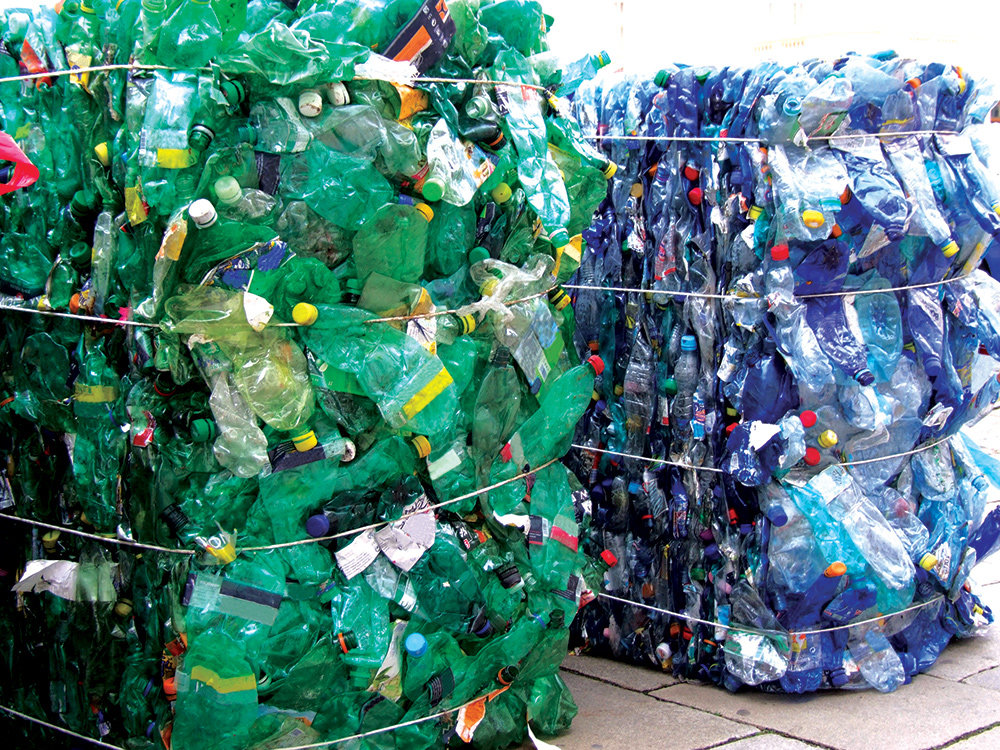Tehran mayor calls on universities to cooperate on proper waste management

TEHRAN – Pirouz Hanachi, Tehran’s mayor, has called on academics to cooperate on waste management, which has turned into the capital’s main challenge along with air pollution, Mehr news agency reported on Saturday.
He made the remarks on the occasion of the national clean air day, January 19.
Although the metropolis of Tehran is dealing with numerous issues, waste management is among which have not yet come to a scientific solution, he stated, adding that so we call on the universities and scientific society to join hand on identifying proper waste management methods.
Initially, reducing waste generation and segregation at source are the two crucial steps in waste management which must be taken into consideration while thinking of an efficient solution, he noted.
He explained that another important field of cooperation with the academic society is conducting researches on air pollution mitigation and methods specially using electronic or low emission vehicles.
Referring to the vehicles contributing to the capital’s air pollution, Hanachi said that we have recourse to university students and faculties to join us in ‘Car-free Tuesdays’ campaign, which must go viral among all the citizens.
“We can set up bike lanes linking the major universities of Tehran, in case of higher ridership numbers,” he also added.
‘Car-free Tuesdays’ campaign kicked off in 2016, aiming to decrease the number of private cars in the cities hence mitigate air pollution.
After over 180 weeks on Tuesday, the campaign seemed to be losing momentum most probably because of the inefficient infrastructure in the country, which is recently started over by the Tehran new mayor insisting to keep it alive and calling on the residents to join the campaign for reducing emissions threatening their health.
Ali Moridi, head of soil and water office at the Department of Environment (DOE), said in October 2018 that while reduction of waste generation and separation of waste at source are the two major processes in waste management, in Iran the focus is mainly on the last phase of waste management which is waste disposal, which will slow down the path to waste minimization and waste sorting at source.
Although proper waste management could solve the country's environmental problems, the budget requested by the DOE for waste management has not been approved by the Majlis [Iranian parliament], he lamented.
In November 2018, Aziz Abesi, an environmental expert, said that a huge amount of toxic waste is generated in households by old batteries, shoe polish, paint tins, old medicines, and medicine bottles, which is not given any consideration and no measures have been taken to prevent them from being mixed with domestic wastes due to improper waste landfills and lack of segregation at source, despite posing threats to the environment and the residents’ health.
According to a report published by United Nations Industrial Development Organization (UNIDO) in October 2016, waste generation per capita in Iran’s urban areas is about 658 grams per day while Iranian waste generation per capita in rural areas is about 220-340 grams per day. Average Iranian waste generation per capita amounts to some 240 kilograms per year.
In Tehran alone waste generation per capita is estimated at 750-800 grams per day and each Tehrani citizen generates about 270-450 kilograms of waste per years.
The report continues that unfortunately only 7 percent of the waste is separated at the source, 13 percent is recycled and only 2.5 percent of them end up in formal or sanitary landfills and some 77.5 percent of the waste will be burnt or buried in informal landfills located in the countryside or deserts near cities.
FB/MQ/MG
